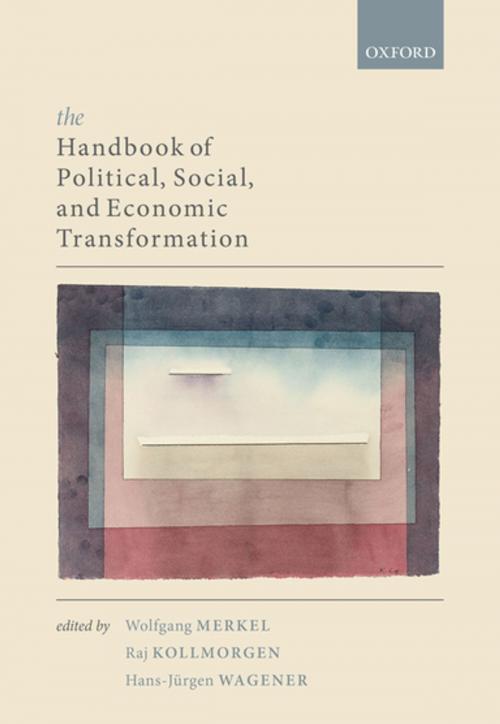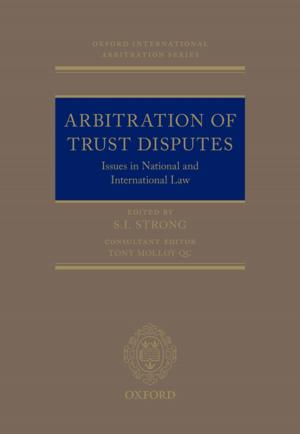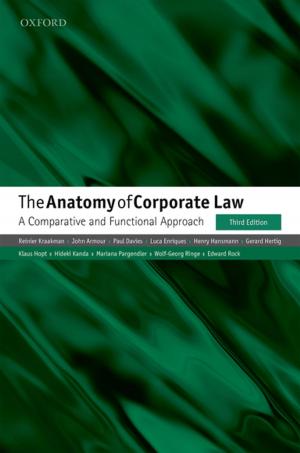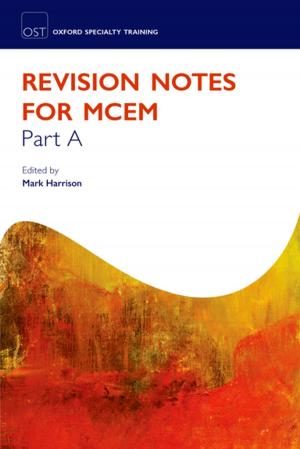The Handbook of Political, Social, and Economic Transformation
Nonfiction, Social & Cultural Studies, Political Science, International, Foreign Legal Systems, Business & Finance| Author: | ISBN: | 9780192565471 | |
| Publisher: | OUP Oxford | Publication: | January 3, 2019 |
| Imprint: | OUP Oxford | Language: | English |
| Author: | |
| ISBN: | 9780192565471 |
| Publisher: | OUP Oxford |
| Publication: | January 3, 2019 |
| Imprint: | OUP Oxford |
| Language: | English |
Political, social, and economic transformation is a complex historical phenomenon. It can adequately be analysed only by a multidisciplinary approach. The Handbook brings together an international team of scholars who are specialists in their respective research fields. It introduces the most important areas, theories, and methods in transformation research, with particular attention placed on the historical and comparative dimension. Although focussing on post-communist and other democratic transformations in our epoch, the Handbook therefore presents and discusses not only their problems, paths, and developments, but also deals with the antecedent 'waves', beginning with the Meiji Restoration in Japan in 1868 and its aftermath. The book is structured into six parts. Starting with basic concepts as systems, actors, and institutions (Section I), it gives an overview over major theoretical approaches and research methods (Sections II and III). The connection of theory and method with their application is essential, allowing special insights into the past and opens analytical avenues for transformation research in the future. Section (IV) provides a historically oriented description or interpretation of particular 'waves' or types of societal transformation. With a clear focus on present transformations, the contributions to Section V provide a description and discussion of the problems, structures, actors, and courses of the transformations within different spheres of (civil) society, politics, law, and economics. Finally, brief lexicographic entries in Section VI delineate research perspectives and facts about relevant issues of societal transformation. Each of the 79 contributions contains a concise list of the most important research literature.
Political, social, and economic transformation is a complex historical phenomenon. It can adequately be analysed only by a multidisciplinary approach. The Handbook brings together an international team of scholars who are specialists in their respective research fields. It introduces the most important areas, theories, and methods in transformation research, with particular attention placed on the historical and comparative dimension. Although focussing on post-communist and other democratic transformations in our epoch, the Handbook therefore presents and discusses not only their problems, paths, and developments, but also deals with the antecedent 'waves', beginning with the Meiji Restoration in Japan in 1868 and its aftermath. The book is structured into six parts. Starting with basic concepts as systems, actors, and institutions (Section I), it gives an overview over major theoretical approaches and research methods (Sections II and III). The connection of theory and method with their application is essential, allowing special insights into the past and opens analytical avenues for transformation research in the future. Section (IV) provides a historically oriented description or interpretation of particular 'waves' or types of societal transformation. With a clear focus on present transformations, the contributions to Section V provide a description and discussion of the problems, structures, actors, and courses of the transformations within different spheres of (civil) society, politics, law, and economics. Finally, brief lexicographic entries in Section VI delineate research perspectives and facts about relevant issues of societal transformation. Each of the 79 contributions contains a concise list of the most important research literature.















